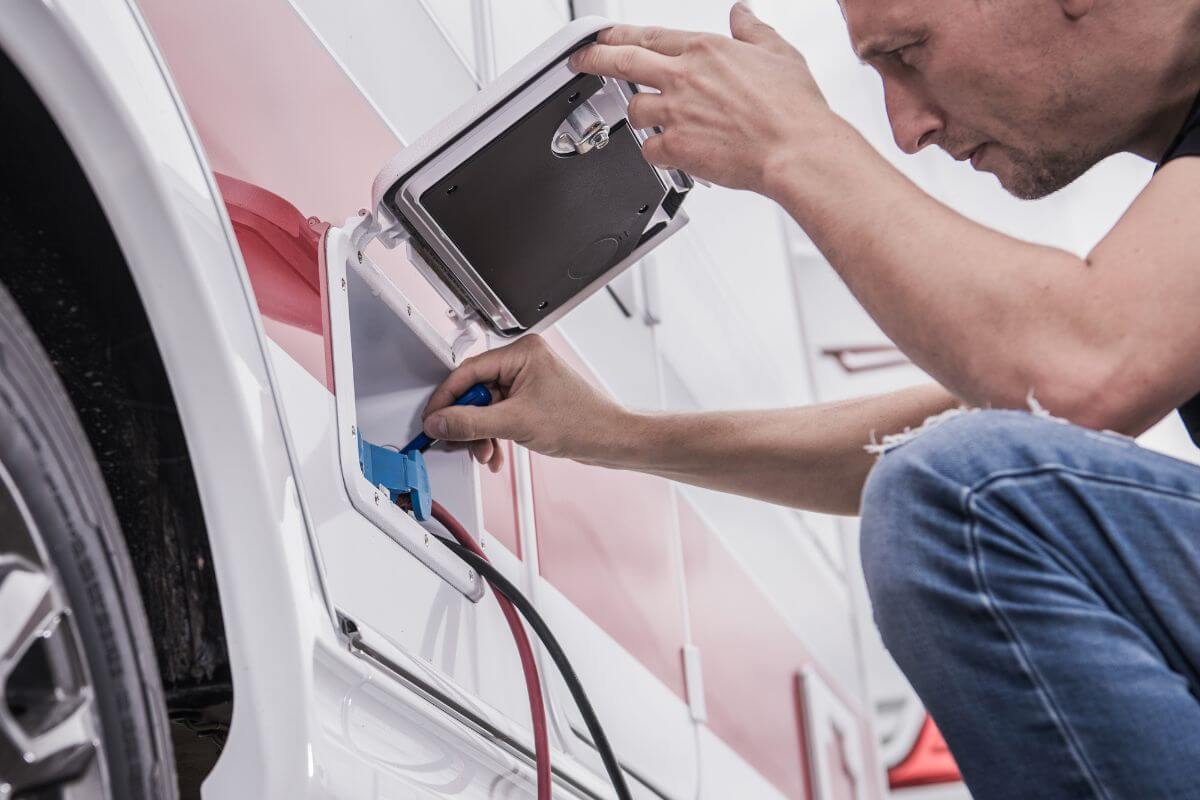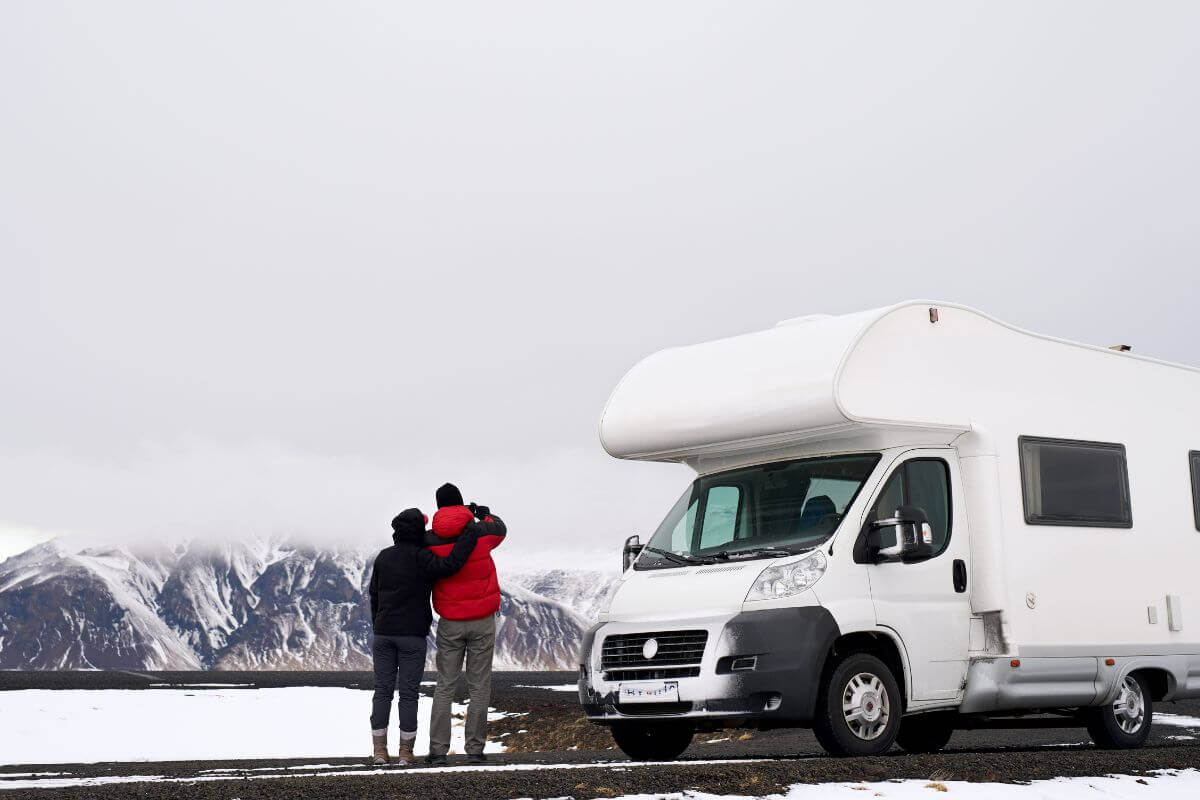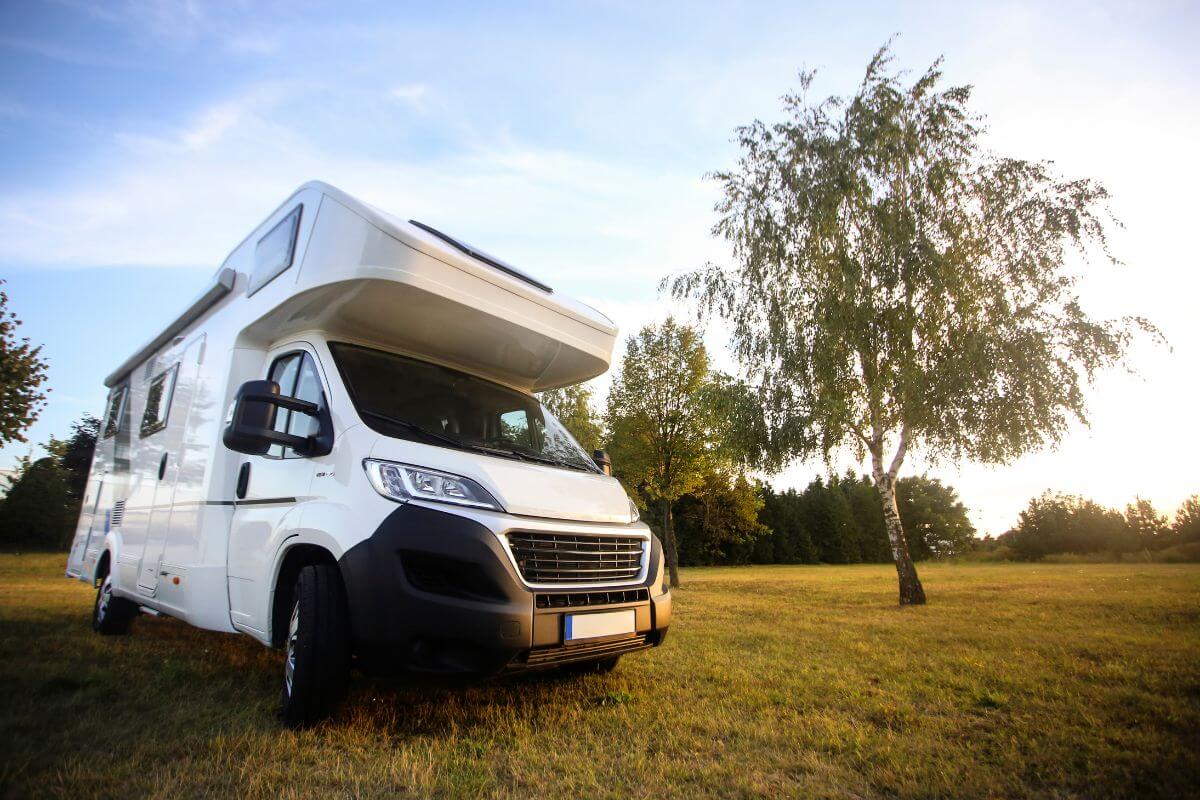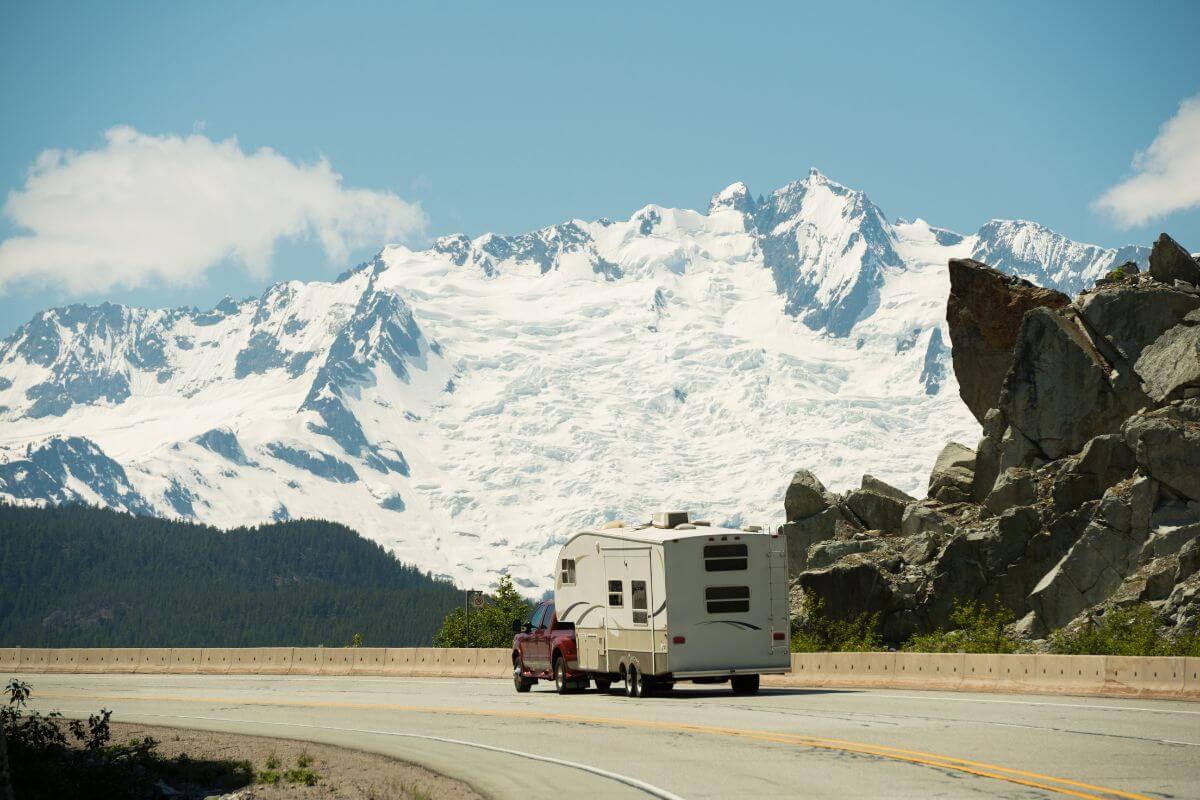10 Tips to Prepare Your RV for Colder Weather
As the weather starts to cool down and the leaves start to change colour, that can only mean one thing: it’s time to start thinking about how to prepare your RV for winter.

Investing in an extended warranty for cars over 100k miles may be wise if you and your family spend a lot of time on the road and want to avoid a seasonal breakdown interrupting your spring plans. But don’t worry; we’ve got more tips and tricks to keep you on the road and enjoying your RV season after season.
Here are ten tips to help you prepare your RV for colder weather.
Winter for hibernation
This series of steps should be taken when the cold weather begins to hit your forecast regularly or after your last scheduled trip for the year. Many outdoor enthusiasts will wait for this project until after hunting season. You can also utilize some tips for small homes, tiny houses, and full-time RV families.
Bring Your RV in for a Tune-Up
Like your car, your RV needs a tune-up before colder weather hits. This will help ensure that your RV is running efficiently and can help prevent any potential breakdowns. It’s also advisable to update your fluids before any heavy freeze so that you don’t jump into spring planning with a freeze-damaged water tank or plumbing issues.

Inspect Your RV’s Roof and Seals
Inspect your RV’s roof and seals for any cracks or leaks. If you find any, be sure to repair them before they get worse. As an extra layer of protection, you can lay down a sturdy tarp over the entirety of the roof of your RV for the winter to protect against rain and snow and insulate against the cold. If your RV is on the older side, it’s common to find places on the roof that are weak, dented, or likely to puddle with water and snow. Get these fixed as soon as possible to avoid more severe damage through the season.
Prepare Your Freshwater Tanks
Before the temperature gets too cold, empty your freshwater tanks, this will prevent them from freezing and cracking. Add antifreeze to your freshwater system to keep your pipes freezing and bursting. This is especially important when you have run water through your hoses and are wondering if it’s flushed.
Drain Your Gray and Black Water Tanks
Drain your gray and black water tanks before the temperature gets too cold. This will help prevent them from freezing and cracking as well. It won’t hurt to put a healthy dose of antifreeze in these tanks to protect them from pooling in the drain hoses or tank bottoms.
Insulate Your Pipes
Another way to help prevent your pipes from freezing is by insulating them with pipe insulation or heat tape. This is a critically important step if you’ll be using your RV as guest housing and hooking it up to a home water system.
Full-Time RV Living Winter Tips

Insulating your pipes helps prepare your RV for winter weather, whether parking it for the season or living in it full-time as a traveler or as alternative housing. One of the most significant factors in keeping your RV safe for winter living is ensuring it remains warm enough to keep everyone comfortable and everything thawed.
Install Skirting When Parked
A layer of seemingly decorative boards or siding around the TV when it’s parked is visually pleasing and practical. When the wind and weather can’t blow around under your RV, it is less likely that you’ll experience freezing pipes, cold floors, and rodent damage (though you may find a raccoon or two hiding under your RV for warmth). Some RV parks and resorts require skirting if you book your stay for longer than 3-5 days.
Invest in Insulative Window Coverings
If you’re living in your RV through the winter, it can be tempting to crank the heat whenever the temps drop. However, if your windows aren’t properly insulated and sealed, you’re running your generator or drawing from the power grid and losing most of that warmth through the thin glass of your windows. A little DIY with some heavy fabrics, like wool or fleece, can help you save a ton of money on keeping your house on wheels warm.
Don’t Forget to Insulate Your Propane Tank
This often happens because people need to make an accurate assumption that their propane tank is insulated well enough to keep the gas inside usable. RVers need to realize that propane can be affected negatively by temperatures below freezing. While technically, the propane isn’t freezing, it cannot travel through the system to operate safely. A propane canister wrap keeps the gas usable and protects the tank from the elements.
Emergency Power Options
Even if plugged into the grid, you may experience power issues in cold weather. Be sure to invest in your RV to provide backup power. Some options are a gas-powered generator stored away for emergencies or boondocking, a solar panel system on your roof. Ensure that you have access to additional power in case of an outage.
Stock Up on Winter Necessities
Between non-perishable but sustainable foods, warm blankets, and extra layers of clothing, you can get through the coldest weather and the longest winters when you prepare ahead of time. Cover your pantries and cabinets with food, water, and other essentials if you lose power during winter storms. Store extra clothes to keep you dry when you go out and spare blankets to layer onto your beds. If you have pets that need to go outside, keep a handful of plush towels to dry them off when they come in, so they’re not tracking cold water through the space.
Winter Preparation Makes RV Life Easier

Whether you are an occasional or seasonal RVer or live the RV life full-time, winter is hard for us all. Take some tips from this article, and continue your research for ideas to protect your space and your family from the elements this winter by joining tiny home and RV living communities online and in your local area. People who live life have so much knowledge and wisdom to offer.
